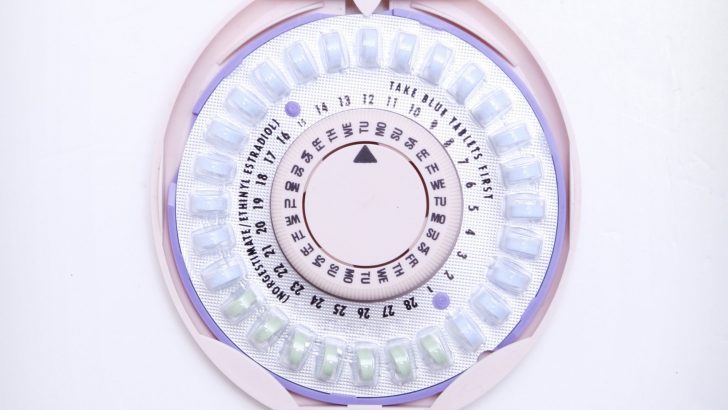It is inevitable that in 2018 there will be much public discourse on the subject of Humanae Vitae – it being the fiftieth anniversary, in July this year, of Pope Paul VI’s encyclical (‘Of Human Life’). After two papal commissions, and many committees of experts, Paul VI reaffirmed the Church’s traditional teaching against artificial contraception (and, of course, abortion).
Humanae Vitae was a thoughtful, and even poetic document. The late Catholic peer, Lord Norman St John Stevas, wrote a fine book explaining it – On Human Life – which deserves to be re-issued this year. As a lawyer, St John Stevas elucidated the encyclical in a really accessible way.
I would hope, however, that the present Pope might revisit this subject now. It is evident, from the statistics of falling family size, that Catholic couples all over the globe, are practicing contraception: perhaps they are doing so in conformity with the natural law. But it is a probability that many are also using a form of ‘artificial’ contraception: and this is a nettle that should surely be grasped.
Especially in the light of the upcoming abortion referendum in Ireland, which, it is being claimed, is to support women’s health.
Abortion is not health care. But it can be said that responsible family planning is. A review of fertility control should also focus on the health of women and mothers.
Cast our minds back to the 1940s, when overseas doctors used to visit Irish maternity hospitals, such as The Coombe in Dublin, just to observe a multiparous mother give birth to a 16th, 17th or 18th child.
Some of these mothers had such poor health themselves that they suffered from rickets, and trainee obstetricians would take a clinical interest in how such a mother, with a weakened pelvic structure, could be delivered of her 18th child.
Maternal health needed a lot more care: maternal mortality (and infant mortality) needed serious medical attention. It did happen, over the succeeding decades, and I think we should be proud of Ireland’s fine standard of maternal and infant care today – one of the lowest rates of mortality in the world.
But family planning and the reduction in multiparous births played a meaningful part in that improved health picture. As did the general improvement of social circumstances.
Important
And it is vitally important that those who support the pro-life movement should be seen to be concerned for the health of women and mothers. Politicians like Senator Ned O’Sullivan are being led to believe that abortion is part of women’s health: that’s partly because the pro-abortion forces have lumped together all family planning under one umbrella.
Pro-life must own and claim a stake in the health of women and mothers – health and healing are central to the Gospel. Lobby groups like ‘Love Both’ are making this point well, but it should be made all the more emphatically, right across the board.
Maternal health really matters, and a new encyclical which might stress this point – as well as re-stating the spiritual teachings on marriage and Humanae Vitae’s “transmission of life” – could strengthen that ‘love both’ message.
Music to my ears
At my christening, my mother gave me a middle name of Cecilia, hoping I might be musically gifted, by the intercession of St Cecilia, patron saint of music.
Alas, I never showed any special aptitude for music, and indeed was excluded from the school choir (as I recall, for being to much of a fidget). However, over the last months of 2017, I’ve been having singing lessons for health reasons and my wonderful singing teacher tells me that I have a good ear, and can hold a note very nicely.
This has encouraged me to start learning how to read music in a very basic way, and it’s so rewarding. It has also expanded my interest in music.
So perhaps many decades on, St Cecilia is, after all, answering my Ma’s prayers. Never give up – because you never can tell what will happen!
Still in the rhythm of things
Interestingly, technology has now entered the realm of natural family planning, and an app called ‘Natural Cycles’ is helping some women control their fertility. The app monitors daily temperature (and hormone levels) which usually indicate when a fertile day occurs in the menstrual cycle.
In Britain, there’s been an appreciable drop in the number of young women taking the contraceptive pill between 2011 and 2015 (according to NHS figures) because of unpleasant side-affects, and perhaps a dislike of relying on chemicals among a generation embracing natural remedies.
Back in 1968, what was then sometimes called ‘the rhythm method’ of fertility control was the subject of much mockery – the American satirist Lenny Bruce even composed a jokey ditty, ‘Vatican Rag’. But it seems that many younger people like the idea of being in touch with the rhythms of their own bodies.


 Mary Kenny
Mary Kenny
